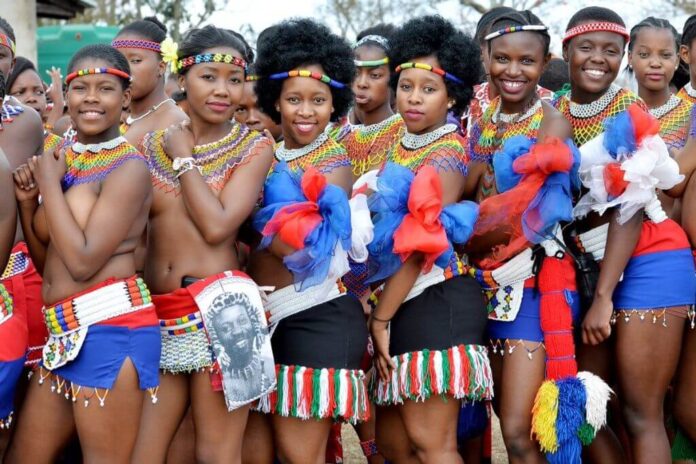Did you know that it’s difficult to tell how many African cultures and traditions are still performed today? Despite the fact that Africa has 54 separate nations, the continent is home to over 3,000 tribes. Each of these tribes has its own particular culture, which may be different or overlap with one another.
The cultural manifestations of Africa might be visible, such as objects and sculptures, or intangible, such as language and greetings. Africans, interestingly, are known to keep bits of their culture with them wherever they move.
According to Harvard, the African continent is home to around 2,000 languages. In terms of language diversity, Africa lags behind Asia. Despite Africa’s cultural variety, several regions of the continent frequently share something in common.
West Africans are famed for their spicy cuisine. Southern African music, particularly that of the Zulus, is distinct. Eastern Africans are keen hunters, whilst North Africans are famed for their ornate attire.
Despite the fact that the world is defined as a village, Africa has been able to preserve its culture and traditions through oral transmission from generation to generation. However, some civilizations (particularly languages) are seen to be on the verge of extinction.
African migrants should be encouraged to practice their culture wherever they go in order to avoid African customs and traditions from becoming extinct. You may have been practicing one of the African cultures without even realizing it. Continue reading to find out how.
1: Food
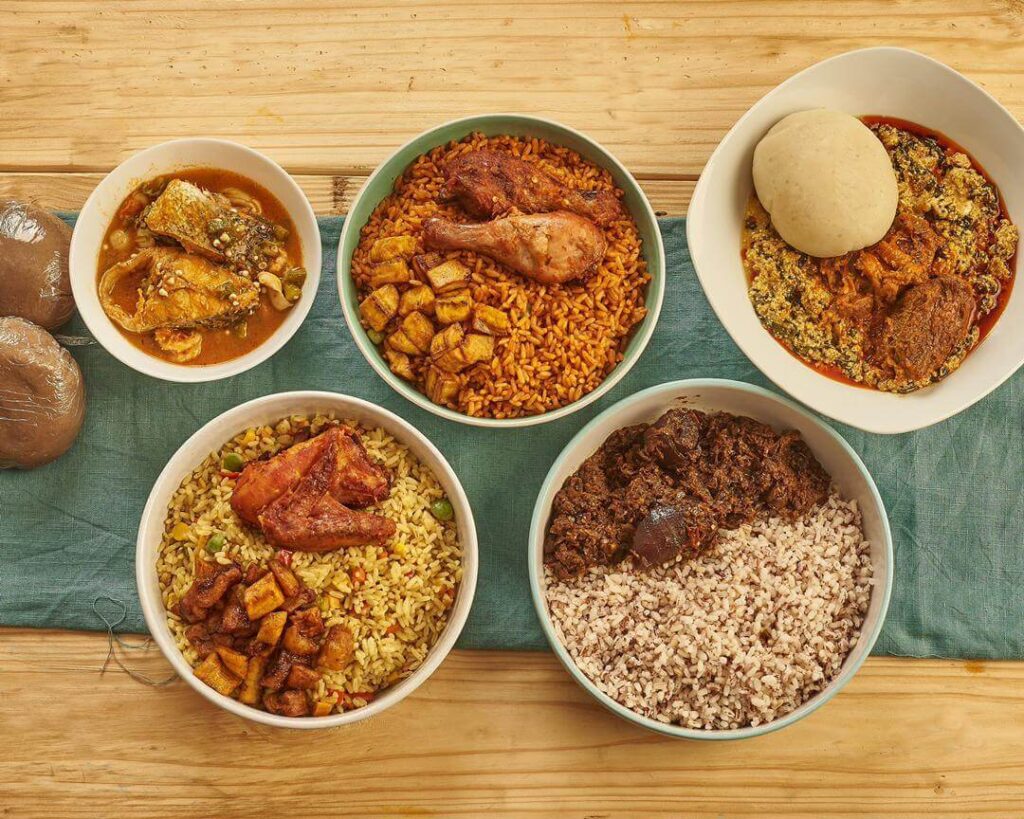
The way we cook our food reveals a lot about our society. It’s a symbol of our ethnicity and a way for us to cope with thoughts of longing for home. Each African sub-region has its own particular cuisine and cooking methods.
Because of colonization, the Portuguese continue to have a strong influence on most foods in Central Africa. Starchy herbs are frequently used in Western African cuisine. Barbecues are extremely popular in Southern Africa.
Rice, yam, fufu, and potjiekos (a classic Afrikaner stew) are examples of regularly consumed foods in Africa. We’ve compiled a collection of African recipes from throughout the continent, along with instructions on how to make them.
When you consume traditional African food, you are participating in the African culture of the tribe that owns the meal. You never considered it, did you?
2: Dance
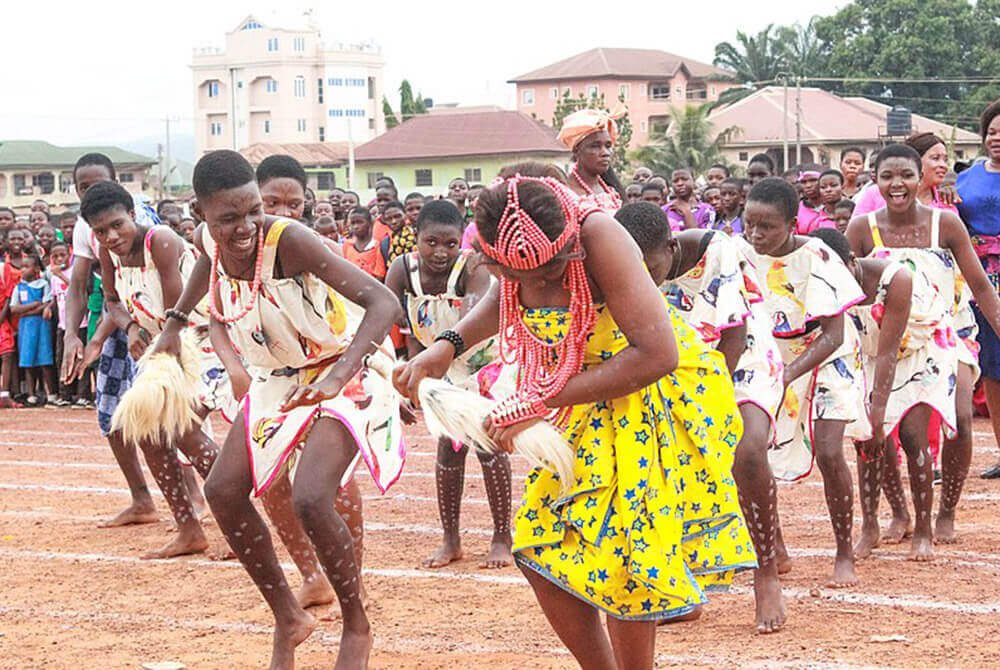
For many centuries, dancing has been a form of expression. There are several dancing styles in Africa for diverse occasions. In certain African societies, the dance steps alone can tell you what the occasion is.
Different regions in Africa have distinctive dances. In Nigeria, Hausa women frequently dance for healing and spirit possession. Young men’s Zulu dance techniques remember past wars and warriors’ successes.
Although western dance forms and pop culture are growing more popular among young people, older generations are sticking to their traditional dance. If you appreciate any native African dance, we’d like to inform you that you’re a fan of African culture.
3: Beadwork
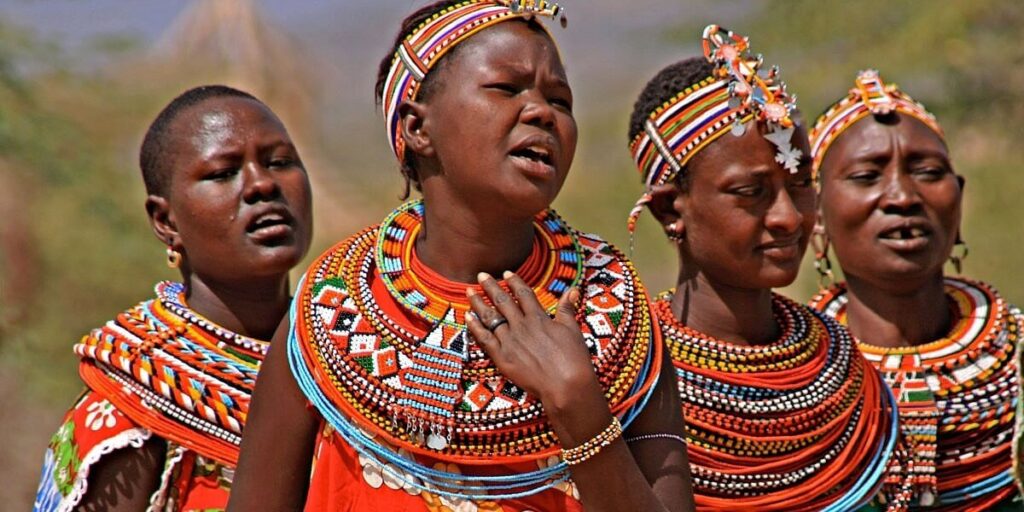
Prior to the discovery of synthetic beadworks, Africans produced beadworks out of shells, seeds, and bones. These materials were eventually replaced by synthetic beads imported from Europe and Asia.
Beads were traditionally worn for coronations or as a sign of royalty in traditional African societies. For example, for coronations, the Igbo people of eastern Nigeria are known for donning crimson beads shaped like tusks. Anyone who is not a chief is not permitted to wear them.
Beadwork says a lot about the wearer to the Zulu and Massai people of southern Africa. For example, a colorful beaded bib worn around the neck can reveal the wearer’s marital status and age group.
Unfortunately, millennials increasingly frequently wear them for fashion, especially while traveling far from home. It’s no surprise that people frequently confuse this African tradition with another fashion trend. If you were one of them, you should have known better.
4: Be respectful
Respect for elders is highly valued on the African continent. In the southwestern portion of Nigeria, the Yorubas consider it impolite if a man cannot prostrate or a woman cannot kneel to welcome an elder.
Many people feel that respecting adults is a blessing for long life and a reflection of how you will be treated when you reach old age. Respect is an African culture that has been passed down through generations.
It is hardly surprising, then, that Africans in the diaspora frequently send their children home to learn respect. This disproportionate emphasis on elder reverence has become an African culture in and of itself.
5: Sculpture
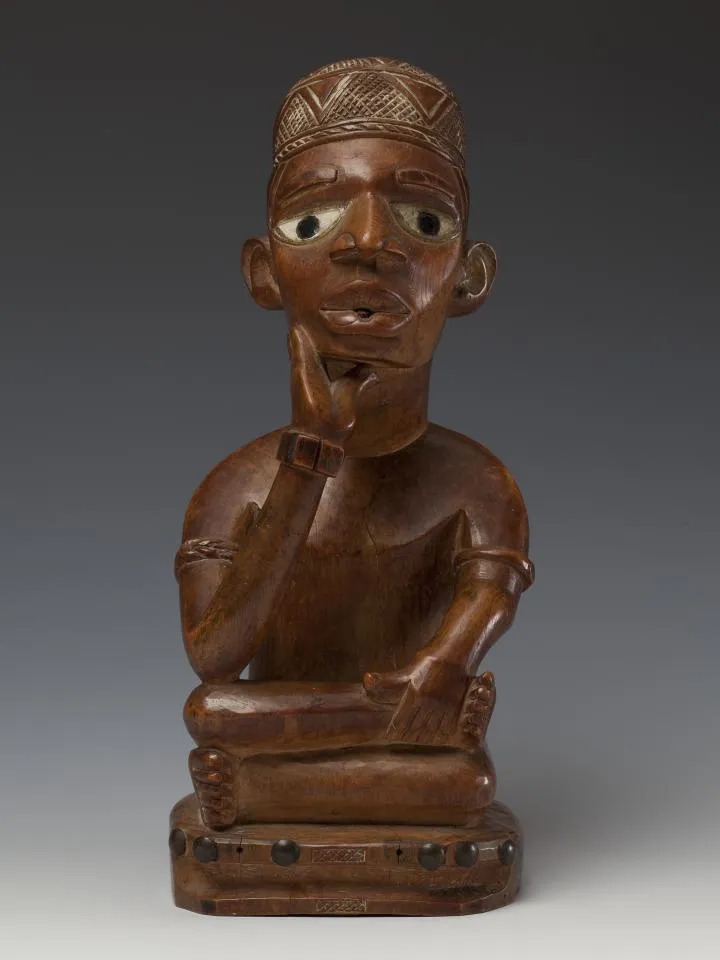
African sculptures are made of wood, stone, and occasionally metal. They are frequently abstract figurines intended to depict a small representation of real-life people or spirits.
Many African arts and sculptures can be found in museums throughout Europe and beyond. During the colonial era, the vast majority were plundered from Africa. African sculptures are culturally significant. African deities, for example, are depicted by stone, wood, or metal carvings.
As a result, it is not unexpected that several African governments are trying hard to recover their stolen treasures. Africans in the diaspora frequently continue on the African heritage by decorating their homes with statues.
6: Religion is number six.
Faiths and beliefs in Africa are various. Contrary to popular belief, many Africans believed in the existence of a supreme being prior to the colonial era. Some tribes, however, believe that the creator removed himself after creation and that they can communicate with him through rituals and sacrifices.
Some African gods include Amma, Sango, and Mulungu. Most Africans were up believing in a supernatural being who watches over them and guides them through life. Some of these gods frequently have traditional ceremonies performed at different periods.
Despite the fact that Western religion now dominates the African continent, there are still Africans who practice their traditional faith. Many traditional religious practices are still practiced in many African countries.
7: Music
African music has changed over time. African musical instruments were previously created from sticks, animal skins, and animal horns. African music differs from music from other cultures.
A genuine African traditional festival would be hard to find without a beautiful musical show. Music is said to be soul nourishment, and it is certainly one of the ways Africans in the diaspora connect with their roots.
8: Language
The purpose of a language is to facilitate communication and to forge meaningful bonds amongst its speakers. It is often held in Africa that words uttered in local dialects or languages have greater force than those delivered in a foreign tongue.
The Swahili language gave the world “Hakuna Matata,” which was popularized by the film “The Lion King.” Don’t worry if you say ‘Hakuna Matata,’ because, while they mean the same thing, the local accent carries more weight.
As a result, wherever Africans move, they attempt to speak their native tongues. You would be correct if you said that language is the most adaptable African tradition.
9: Clothes
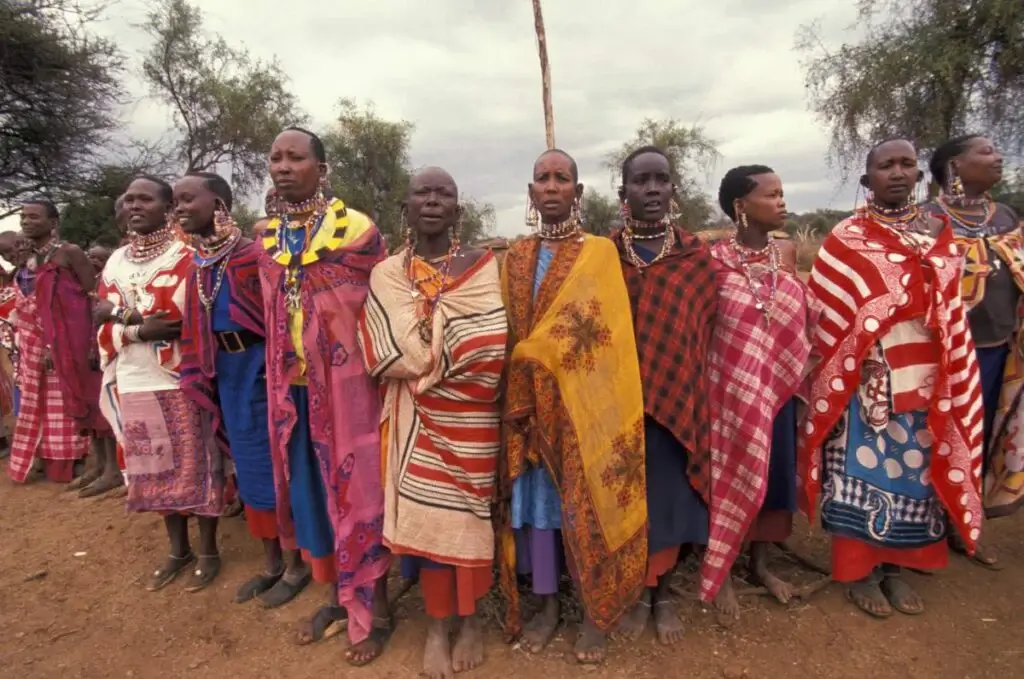
African clothing ranges from locally created “Adire,” often known as tie and dye, to embroidered garments and brilliantly colored Ankara. Because of its brightness and elegance, African clothing is distinct and easy to recognise.
Native African clothing has become a popular source of cultural identification all across the world. African attire is one of the African traditions that has gained widespread acceptability around the world.
By looking at someone’s clothing, you can tell where they are from in Africa with a high degree of accuracy. Did that pique your interest? For additional information, see one of our previous postings on traditional African clothing.
10: Haircuts
Hairstyles in traditional African cultures and communities can represent spirituality, tribe, position, or socioeconomic rank. A woman’s hairdo, like her dress, can reveal a lot about her origin. We discussed it in depth in our earlier essay on African hairstyles and their origins.
Some Africans in the diaspora have expressed concern over their inability to connect with their motherland. So, by wearing your natural hairdo, you are indirectly honouring your culture.
Again, the African hairstyle tradition is getting watered down. Women today create trends by combining classic and contemporary hairstyles. Nonetheless, hairdo is a sometimes overlooked aspect of African culture.
